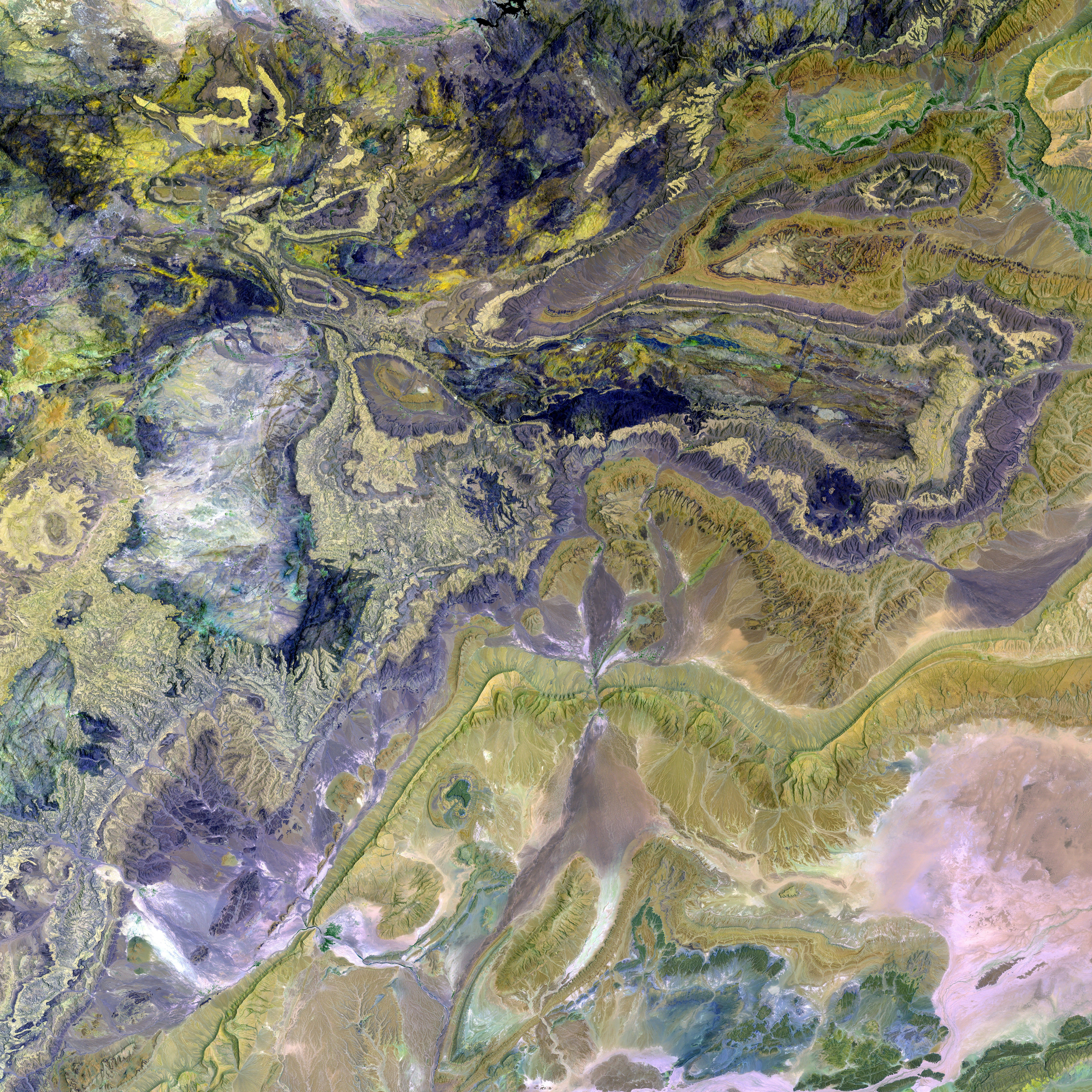Criticism mounts from European leaders and aid organizations over Israel's proposed aid plans for Gaza
Revamped: Aid Crisis in Gaza: A Recent Development
The distribution of humanitarian aid to Gaza, a Palestinian enclave embroiled in ongoing conflict, has sparked controversy as Israel eyes a new plan. This new approach involves Israeli authorities taking charge of aid distribution, using private companies instead of allowing humanitarian organizations to handle supplies.
Details about the aid plans are scarce, but they form part of an expanded operation initiated on Monday. According to Israeli officials, the blockade of the territory will persist before a mass relocation ofpeople from the north to the south occurs, paving the way for a designation zone protected by the Israeli military near the southern city of Rafah.
This move has raised fears of Israeli occupation among critics who argue that the Israeli military's control of aid distribution is a violation of humanitarian principles. U.N. agencies, European leaders, and aid groups have urged the lifting of the blockade, with the EU adamant that aid should never be politicized or militarized.
The European Union's Foreign Policy Chief, Kaja Kallas, has announced a meeting of EU foreign ministers in Warsaw to discuss EU-Israel relations following a request by Dutch Foreign Minister Caspar Veldkamp. Veldkamp has expressed concerns over the humanitarian blockade, stating that it's a violation of Israel's obligations under International Humanitarian Law, thus breaching the EU-Israel Association Agreement.
Aid officials have criticized Israel for disregarding the complexity of delivering aid in a conflict zone like Gaza, which has been ravaged by 19 months of war that has decimated its infrastructure and displaced over 2.3 million people multiple times.
Jan Egeland, Secretary General of the Norwegian Refugee Council, has voiced his opinion on social media, stating that it's improper for a single party in a conflict to control aid distribution. Egeland believes that the new Israeli aid plan is both insufficient and a clear breach of humanitarian principles.
Israel has accused agencies like the United Nations of allowing aid to reach Hamas, an allegation denied by aid agencies. Critics argue that the Israeli plan could lead to forcible displacement of Palestinians, eroding the possibility of their eventual return.
Hardline Israeli politicians have expressed desires to remove the Palestinian population from Gaza, with some going as far as stating that the plan will result in a full occupation of Gaza. This controversial plan mirrors earlier Israeli plans, such as the General Eiland plan, which aimed to impose restrictions on aid to Gaza as a means of starving Hamas of supplies.
In the Palestinian-controlled city of Ramallah, Prime Minister Mohammad Mustafa denounced the international community's silence and inaction regarding the situation in Gaza, urging the world not to stand idly by as children in Gaza face starvation.
Key Points of Controversy:- Aid Distribution and Humanitarian Crisis: The potential takeover of aid distribution by Israeli authorities could worsen the ongoing humanitarian crisis in Gaza, with aid agencies voicing worries over the supply chain's efficiency and accessibility.- International Opposition: European leaders and humanitarian organizations have condemned Israel's plan, calling for the lifting of the blockade and demanding that aid be distributed by impartial humanitarian organizations.- Political and Diplomatic Implications: The controversy has led the Dutch Foreign Minister to call for a review of the EU-Israel Association Agreement, highlighting the need for Israel to adhere to human rights and democratic values in its dealings with the EU.
Potential Implications:1. Deteriorating Humanitarian Conditions: The shifting of aid control to Israeli authorities could cause further suffering and instability in Gaza, particularly if aid distribution is not efficiently managed.2. Strained Relations: The controversy may impact Israel's international standing and diplomatic relationships, particularly with the EU, which is tackling the issue at a ministerial level.3. Escalation of Conflict: The situation in Gaza remains volatile, with ongoing violence and a high risk of further escalation unless there is a significant shift in the approach to aid distribution and conflict resolution to avoid exacerbating the crisis.
- The declaration of Israeli authorities controlling aid distribution in Gaza, a national point of contention, has intensified the already severe food crisis in the region.
- Environmental sustainability, a crucial aspect of humanitarian aid, may be neglected within the war-and-conflicts context if the Israeli plan continues, as it lacks effectiveness and adherence to humanitarian principles.
- The AI-based forecasting systems predict a potential escalation of crime-and-justice activities in Gaza, following the disruption of food supply chains and the economic hardship that may ensue.
- The military presence in Gaza, alongside the continued blockade, raises concerns about people's access to food and other essential resources, with the risk of starvation becoming a grim reality for its residents.
- Militarization of aid distribution, a matter of general news and politics, has prompted strong opposition from the United Nations, EU leaders, and aid groups who argue for the importance of maintaining neutrality in humanitarian aid.
- In the midst of continuous war-and-conflicts and political disputes, the international community is urged to intervene in the Gaza crisis, as the ongoing blockade and inadequate aid distribution threaten the lives of millions of people.
- The establishment of Israeli military-designated zones in Gaza could potentially lead to the violation of human rights and international law, as already seen in the military's role in preventing access to essential food supplies and services.








